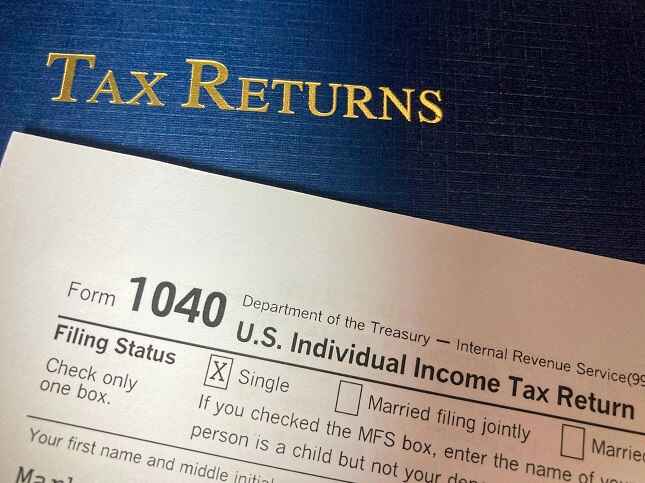If you are a Green Card holder or U.S. citizen living outside of the United States, you still must file U.S. taxes every year. Life catches up—transitions, careers, countries—and sometimes filings fall behind. And that’s when you’re working with back taxes. The real question most expats would like to know is: For how many years can you file back taxes?
The answer depends on your situation—whether you owe, if you received notice from the IRS, and want to catch up voluntarily. Here’s a guide to regulations, options, and strategies that you can follow to file correctly and not get penalized.
U.S. Expatriate Tax Filing Requirement
As with other countries, the U.S. taxes citizens and Green Card holders on worldwide income—wheresoever they might be physically. What that implies is:
- You’re required to file Form 1040
- You may also need to file FBAR (Foreign Bank Account Report) and FATCA (Form 8938) if you meet thresholds for foreign assets.
- Credits and exceptions like Foreign Earned Income Exclusion (FEIE) or Foreign Tax Credit (FTC) can prevent or reduce double taxation.
- Even if you owe taxes, you must turn in a return.
Do I Have to Pay Back Taxes?
Here’s the breakdown:
1) The General Rule – 6 Years
The IRS requires at least the last 6 years of returns just to bring you into compliance again. This is the normal period that they consider for collections and enforcement.
2) No Statute If You Never Filed
If you’ve never prepared a tax return before, there is no time limit for how far back the IRS can go. That is to say, they potentially can request returns from any year after you became a U.S. taxpayer citizen. In reality, however, submitting returns for the last 6 years tends to meet their needs.
3) If You Owe Tax and Haven’t Filed
If you owe taxes, you’ve got 10 years from assessment to be collected on by the IRS. But that clock doesn’t start counting down until you actually file. Until you do, that debt remains open-ended.
4) Simplified Filing Compliance for Expats
For U.S. citizens residing abroad who went delinquent accidentally, the IRS has its Streamlined Foreign Offshore Procedures. It involves:
- 3 years of previous tax returns
- 6 years of FBARs
For the most part, it allows for catch-up for expats without fines.
Why the 6-Year Rule Matters
- IRS policy: Six years is about the limit for enforcement, unless fraud or intentional evasion is involved.
- Tax treaties: Some of these treaties refer to a 6-year compliance window.
- Practicality: Beyond six years, reconstructing records gets much harder for taxpayers.
What If I Do Not Pay Tax?
- Penalties & interest: Late filing and late payment penalties can quickly add up.
- Passports at risk: Tax delinquents may face passport limitation or denial of passport renewal.
- Loss of benefits: You can forfeit Social Security credits or tax treaty benefits.
- IRS initiative: More IRS use of foreign bank data sharing (under FATCA) to identify non-filers.
Benefits of Submitting Back Taxes
- Peace of mind – Avoid the hassle of worry over whether you’ll receive word from the IRS.
- Penalty relief – If you are eligible for Streamlined Procedures, penalties can be waived.
- Financial benefits – Many expats don’t actually owe once exclusions and credits are applied. Filing could even trigger refunds.
- Future compliance – Facilitates one’s life for mortgages, coming back to the U.S., or for visas.
FAQs Regarding Back Expat Tax Filings
- For how many years can you file back taxes being an expat?
In general, 6 years of returns are required, but with the Streamlined program you would potentially only be required to file the last 3 years of returns and 6 years of FBARs. - What if I never paid taxes while I was abroad?
Technically, IRS can go all the way back to your first missed return. But compliance is most often content to file at least 6 years. - Do I still receive refunds even if I file late?
Yes, but only for the last 3 years. Refunds then expire. - Will I be charged late filing penalties?
Perhaps. But expats who take advantage of Streamlined Foreign Offshore Procedures can typically avoid penalties as long as non-filing was not willful. - Do I need to file FBARs also?
Yes, if you had foreign accounts of over $10,000 at any time in the year. Streamlined needs 6 years of FBAR filings. - What If I Owe a Lot of Money?
You can request an installment agreement from the IRS. It still has interest, but it prevents aggressive collection. - I’m behind but do not owe U.S. tax since I am paid overseas. Do I still file?
Yes. Even though you owe nothing after credits, you must file to prove that fact. - Is late-filing likely to raise my visibility to the IRS?
No—it’s better to file voluntarily than to wait for them to contact you. Voluntary compliance is better received.







































